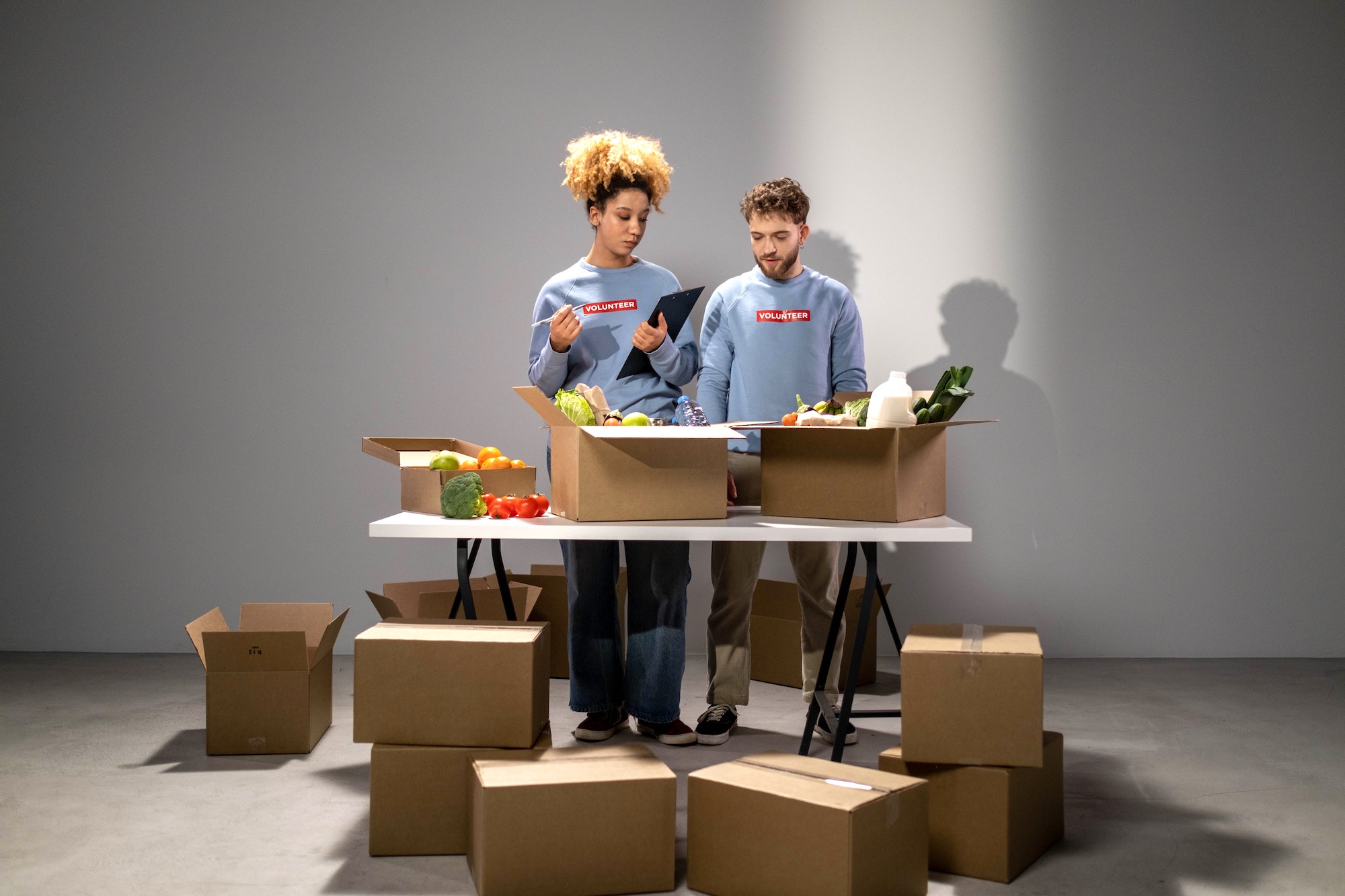Sustainability is not just a campaign or program—it’s a way of life. That’s what the world is starting to realize as more and more big brands are joining the fight against plastic by curbing its production in the first place.
Most people understand sustainability in terms of reduce, reuse, and recycle as we were taught in school. But the solution to any problem is to nip it in the bud, not just treat its symptoms. That entails prioritizing reusing, which can be a hassle, over recycling, which is convenient. That said, household names like Nestle, McDonald’s, and Starbucks, are coming to terms with the need for a stronger front on the battle against plastic.
Locally, San Miguel Corporation is also stepping up. The company recently announced its plans to discontinue the “Purewater” line, a well-known plastic water bottle product in the country.
“The plastic bottled water business has given us good returns, but we are choosing to forego it in favor of our long-term sustainability goals,” explains president and COO Ramon Ang.
“The plastic bottled water business has given us good returns, but we are choosing to forego it in favor of our long-term sustainability goals,” explains president and COO Ramon Ang.
This decision from a corporation may be what the country needs to jumpstart a major change of lifestyle. The third highest producer of plastic waste in oceans after only China and Indonesia, the Philippines produces 1.88 million metric tons of plastic waste per year, according to Greenpeace. That’s hundreds and thousands of times more waste than the amount that was cleaned in Manila Bay last month.
When the planet produces a ton of plastic every day, half of which will probably become trash within a year. Cleanup drives and waste segregation aren’t enough. Instead, the solution is removing single-use plastics from the ecosystem altogether.
“I sometimes wonder if it’s a fair accusation that we’re in the branded litter business,” says Unilever CEO Alan Jope. As Unilever is one of the biggest plastic polluters in the Philippines alone, he may be right.
But companies like Unilever, Nestle, and Pepsi plan to change that. Hopping on the zero-waste bandwagon, PepsiCo’s Tropicana orange juice will soon be sold in glass bottles, Quaker cereal in steel containers, and Nestle’s Haagen-Dazs in steel tins. All of which will be reusable.
Meanwhile, food establishments like McDonald’s and Starbucks are joining in with their plans to create a compostable cup to be completed within the next three years.
Outside the business sector are individual efforts addressing the plastic crisis. Evoware, a social enterprise hailing from the second biggest plastic polluter in oceans, Indonesia, is pioneering seaweed packaging as a sustainable alternative to plastic sachets and wrappers. Free of chemicals, Evoware is making its seaweed packaging available to individuals as well as restaurants and fast food chains.
Meanwhile, Mexico’s BIOFASE organization is turning thrown away parts of avocados into bioplastic, which is then transformed into straws and cutlery. Had these straws and cutlery been made of pure plastic, they would have taken 400 years to break down versus the months required of bioplastic.
This growing sustainability movement is proving what everyone knows but haven’t been able to put into words, and that is that sustainability isn’t convenient at all—it’s an effort. One that requires organizations and individuals to make hard decisions—and hard sacrifices.





